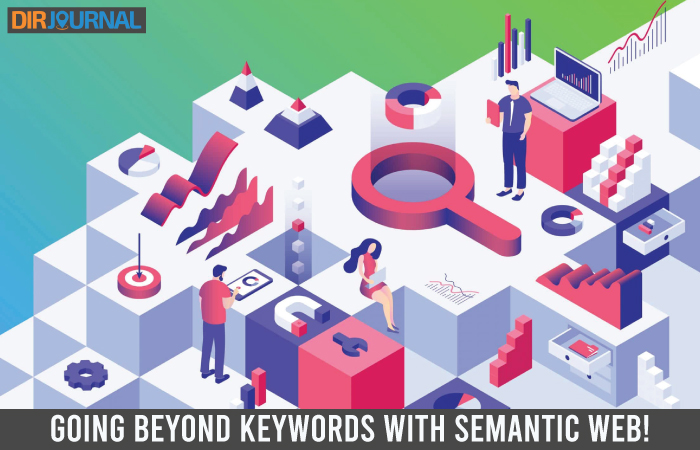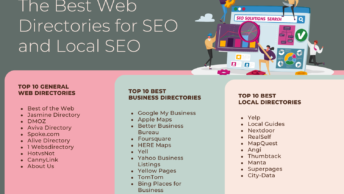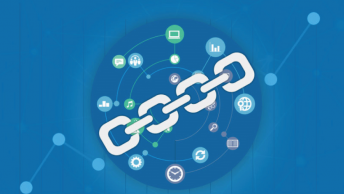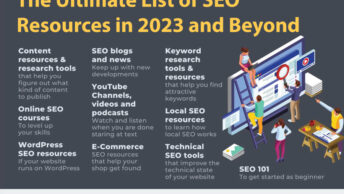Is the World Wide Web entering a new phase? Most online users at some point or the other wonder what the Internet is going to be like in the future.
While the first phase made information easily available, the second, known as Web 2.0, taught users how to interact with that information, with several new concepts, such as social networking, collective intelligence and web as a platform, which are well-known by their street names Google Maps, Wikipedia, Facebook and others. After Web 2.0, what next?
When has the internet ever stagnated? There has always been something new happening around the corner, something else that made life much easier and better than ever before.
Web 3.0, also termed as the Semantic Web by Tim Berners-Lee, the inventor of the World Wide Web, has arrived with all the glory of its predecessor.
Currently, people can link a web page to another page but cannot link the data together. Data has to be retrieved by going through the links and looking for the information within the links.
Search engines are used, by typing in the keywords and getting the links, which lead to related information. They do not provide the data itself but bring back the links to that data.
In Semantic Web, machines can do what humans do. They can read the web pages and interpret them. Semantic web thinks much beyond keywords and looks at natural language processing, which means users can type in the question completely and not just the keywords, to retrieve information.
Although, this technology is already being used for a few years now, it is only taking off now. A Semantic web agent has nothing to do with artificial intelligence; it works by adding metadata that is machine readable, to web pages that are read by humans. Structured sets of information and rules help it understand the relationship between different sources of data.
It is a fact that computers, as advanced as they may be, cannot understand data as humans do; however, when they have plenty of information at their disposal, they can make connections between relevant data as well as take decisions.
The difference between Semantic Web and World Wide Web is that, in Semantic Web, the data itself is part of the Web; whereas in the World Wide Web, the documents and not the data are part of the Web. Also, on the World Wide Web, documents can be retrieved but the interpretation of these documents has to be done by humans.
Semantic web processes information without any dependence on the domain, application or platform. The machines can not only process, but also act on the data.
Since it is almost an impossible task to overhaul web formats to cater to the Semantic Web, smarter software agents are being created that understand web pages better. The most important aspect of the Semantic Web is that relevant data from different sites is pulled up, thus extending the knowledge base.
Semantic Web is beginning to take off, and several websites, such as TextDigger, Powerset and Hakia are developing Semantic search engines, by applying natural language processing to search. The difference between these Semantic search engines and Google, Yahoo and others is that; while these search engines do not take into account words like after, before, by etc., the Semantically capable search engines take all these words into account and get back with the most relevant results.
Technology experts are unsure yet, as to how the Semantic Web will be of benefit to businesses and individuals. They are unsure as to how long it will take for the new Web to make its capabilities be realized. Keeping in mind the potential of the Semantic Web, it is strongly hoped that this new Web will lead to evolution of human knowledge.
Another issue that is being talked about is that in a world where people can publish anything they want, how reliable are the results of Semantic Web going to be. Since humans are going to be totally at the disposal of the new Web to provide information, without having to use their intelligence in searching for it, there are several issues that need to be addressed before this takes off. However, experts do feel that Semantic Web is certainly the Web of the future and will take off sooner than later.
Soon, the days when hundreds of links need to be searched to find relevant information are going to be left behind, as we enter the era of information retrieval by almost human-like machines.






